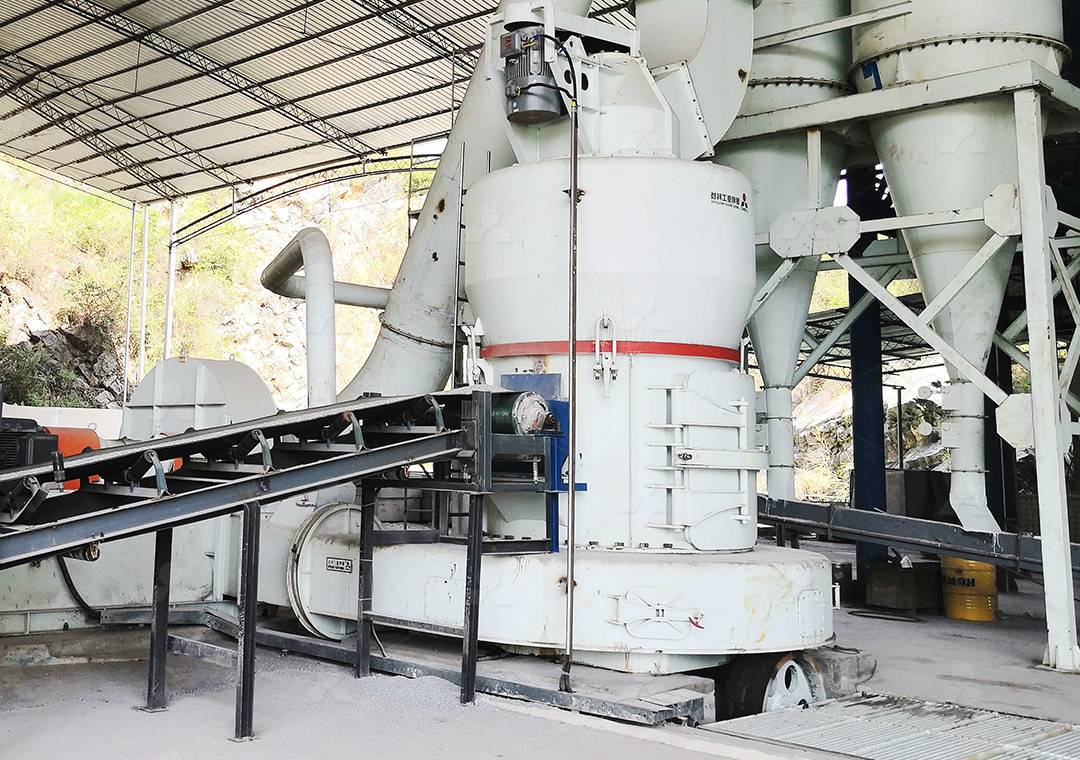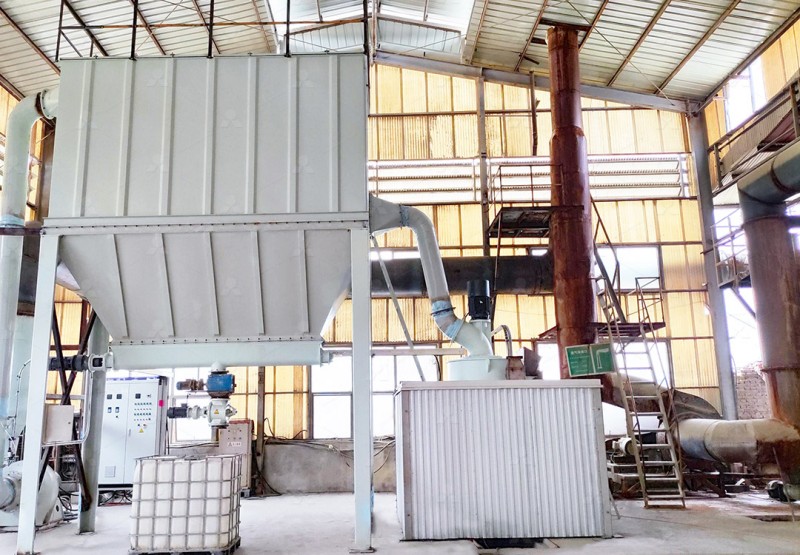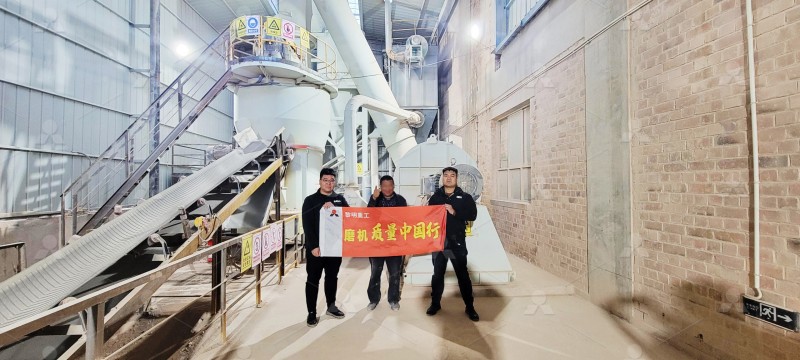Catalytic Thermal Power Plant Applications in Crushing and Grinding Mills
We provide a wide range of mills — including Raymond mill, trapezoidal mill, vertical mill, ultrafine mill, and ball mill, obtained ISO9001 international quality certification, EU CE certification, and Customs Union CU-TR certification. Suitable for processing minerals such as limestone, phosphate, quicklime, kaolin, talc, barite, bentonite, calcium carbonate, dolomite, coal, gypsum, clay, carbon black, slag, cement raw materials, cement clinker, and more.
The discharge range of these mills can be adjusted to meet specific processing needs, typically from 80-400 mesh, 600-3250 mesh, and can achieve the finest particle size of up to 6000 mesh(D50).
If you are looking for a reliable grinding solution to turn stone or minerals into fine powder, please feel free to contact our online customer service.
Catalytic Thermal Power Plant Applications in Crushing and Grinding Mills
In the demanding environment of catalytic thermal power generation, the efficieny and reliability of material preparation equipment is paramount. The processes of crushing and grinding raw materials like limestone, petroleum coke, and gypsum directly impact combustion efficiency, emissions control, and overall plant operational stability. These materials are essential for flue gas desulfurization (FGD) systems and as fuel supplements, requiring precise particle size distribution for optimal catalytic reactions and combustion.

Traditional ball mills, while common, often struggle with high energy consumption, significant wear, and inconsistent fineness—a critical flaw when processing additives for emission control systems. Modern power plants are increasingly turning to advanced vertical grinding and ultrafine milling technologies to overcome these limitations. These mills offer integrated drying, grinding, and classifying, which is particularly vantagous for processing moist materials like certain coals or limestone without a pre-drying step, streamlining the entire preparation circuit.
The Role of Advanced Milling in Emission Control
A key application is the production of limestone powder for sulfur capture. The effectiveness of the SO₂ scrubbing process is heavily dependent on the surface area and reactivity of the limestone powder, which is directly determined by the grinding mill’s performance. Mills must produce a consistent, ultra-fine powder with high efficiency to ensure complete reaction with sulfur oxides while minimizing raw material waste.
For this critical application, we highly recommend our MW Ultrafine Grinding Mill. This machine is specifically engineered for customers who need to make ultra-fine powder for high-reactivity applications like FGD. With an input size of 0-20 mm and a capacity range of 0.5-25 tph, it’s perfectly suited for auxiliary power plant systems. Its cage-type powder selector, incorporating German technology, allows for precise fineness adjustment between 325-2500 meshes, ensuring the exact particle size distribution needed for maxiumum catalytic surface area. Furthermore, its design eliminates rolling bearings and screws in the grinding chamber, virtually eradicating maintenance concerns related to these components and offering unparalleled reliability for continuous 24/7 operation.

Fuel Preparation and Energy Efficiency
Beyond emission control, grinding mills are crucial for preparing pulverized coal and petroleum coke fuels. The fineness of the fuel powder directly influences burn efficiency and rate in the catalytic boiler. Inconsistent grinding can lead to unburned carbon, slagging, and higher emissions. Vertical roller mills have become the industry standard for this task due to their superior energy efficiency—often consuming 30-40% less power than traditional ball mills—and their ability to handle variations in material hardness and moisture content.
Another robust solution for power plant material processing is our LUM Ultrafine Vertical Grinding Mill. Designed with the latest roller technology, it excels in grinding petroleum coal and coke to a precise fineness. Its input size of 0-10 mm and capacity of 5-18 tph make it ideal for fuel preparation lines. A standout feature is its double position-limiting technology, which guarantees operational stability even under the variable load conditions typical of power plant operation, preventing destructive impacts from machine vibration. Its reversible structure also simplifies maintenance, allowing grinding rollers to be easily checked and replaced, thus minimizing costly downtime.

Conclusion
The shift towards high-efficiency, low-maintenance grinding solutions is a clear trend in the catalytic thermal power sector. The operational benefits—reduced energy consumption, lower wear part costs, superior product quality, and enhanced environmental compliance—provided by advanced mills like the MW and LUM series directly contribute to a more sustainable and economical power generation process. Investing in the right crushing and grinding technology is not just an operational decision but a strategic one, ensuring regulatory compliance, fuel efficiency, and long-term plant viability.
